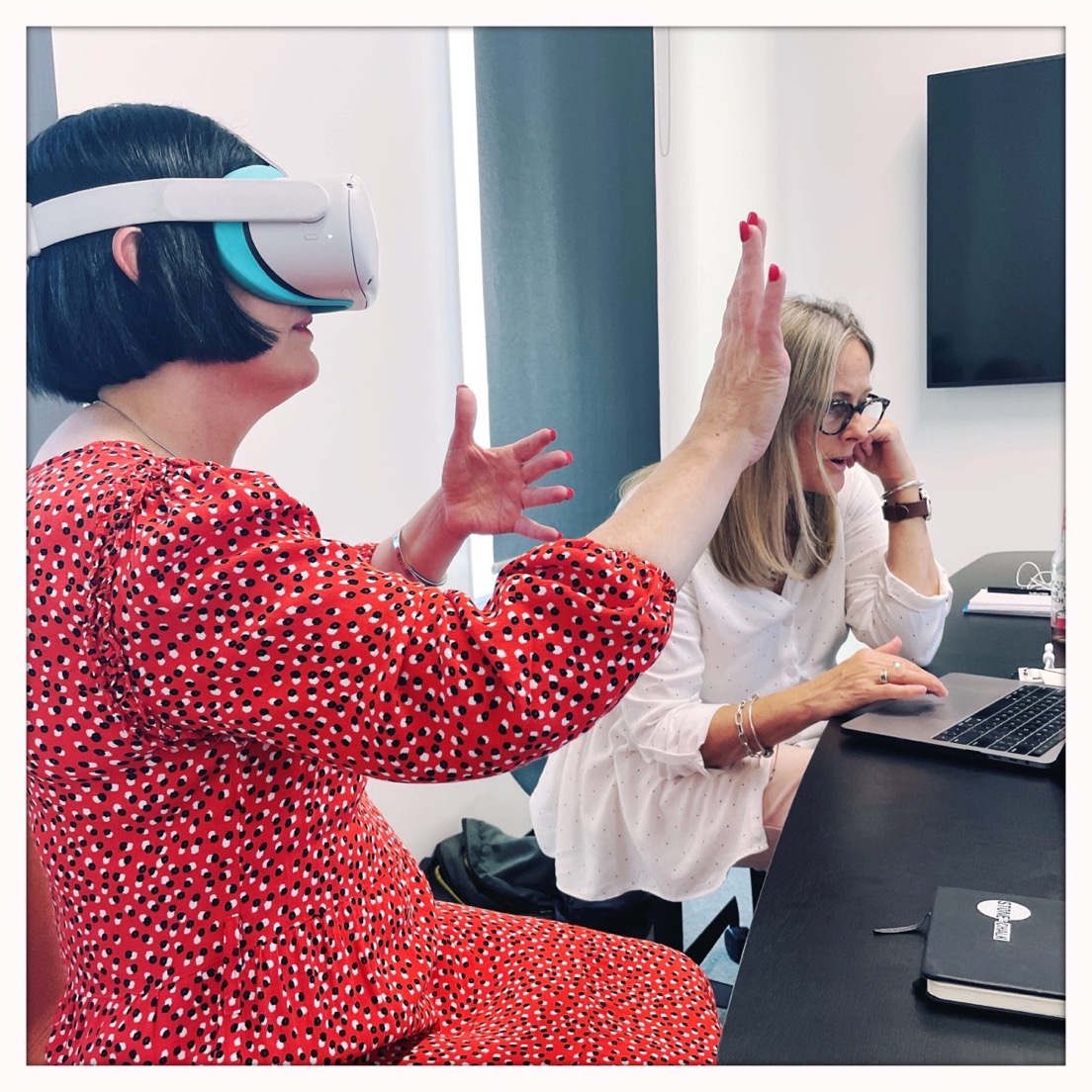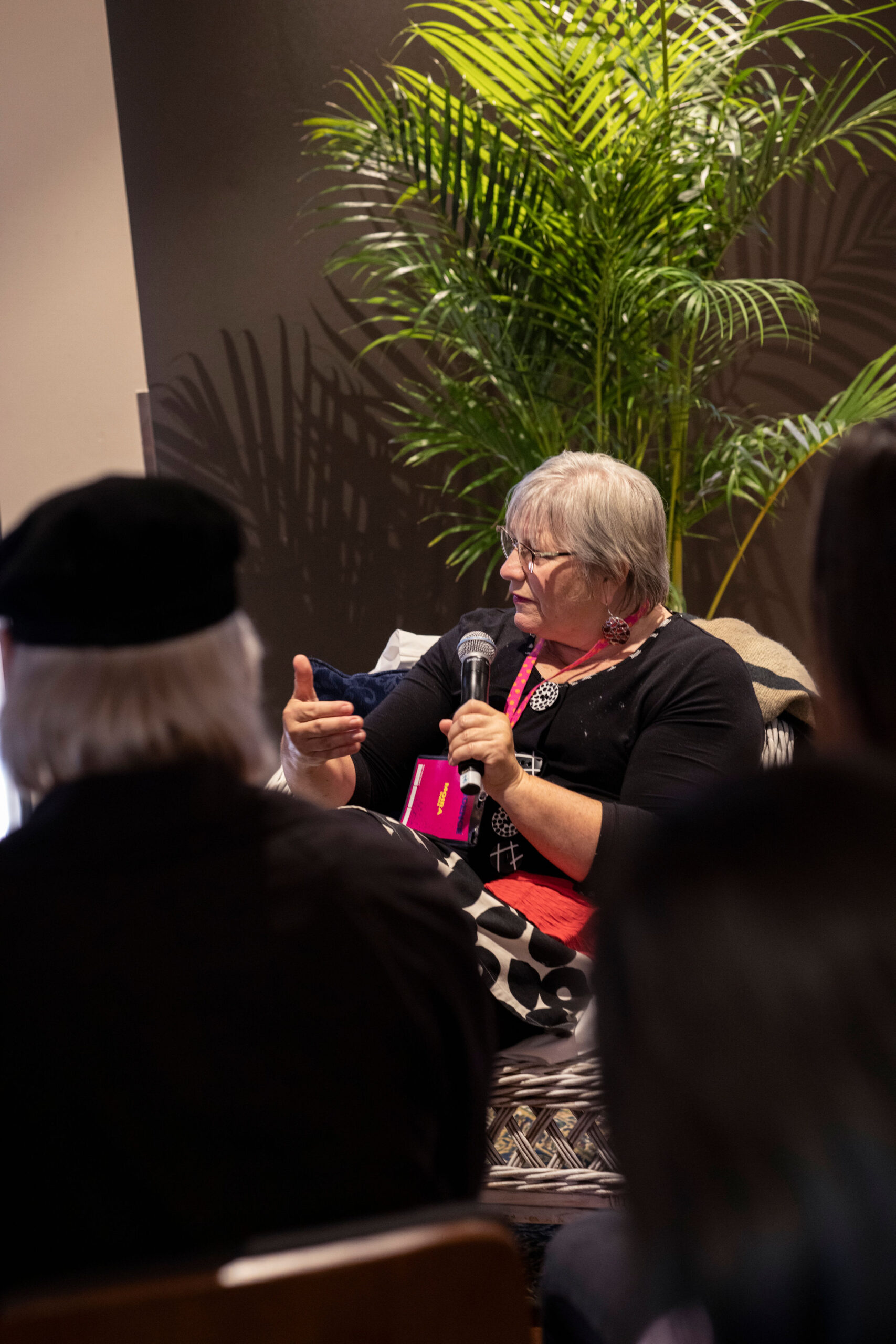Did you know that women had the vote as a member of a cooperative, long before they could vote in public elections? Coops have always had fairness and gender justice baked into them which is why they are popular models for women in business.
A cooperative is an autonomous association of persons united voluntarily to meet their common economic, social and cultural needs and aspirations through a jointly-owned and democratically-controlled enterprise.
According to the International Cooperative Alliance there are around 3 million coops around the globe and over 12% of people on the planet, a billion people, belong to a coop – maybe you are one of them?
Cooperative Principles
1. Voluntary and Open Membership
Cooperatives are voluntary organisations, open to all persons able to use their services and willing to accept the responsibilities of membership, without gender, social, racial, political or religious discrimination.
2. Democratic Member Control
Cooperatives are democratic organisations controlled by their members, who actively participate in setting their policies and making decisions. Men and women serving as elected representatives are accountable to the membership. In primary cooperatives, members have equal voting rights (one member, one vote) and cooperatives at other levels are also organised in a democratic manner.
3. Member Economic Participation
Members contribute equitably to, and democratically control, the capital of their cooperative. At least part of that capital is usually the common property of the cooperative. Members usually receive limited compensation, if any, on capital subscribed as a condition of membership. Members allocate surpluses for any or all of the following purposes: developing their cooperative, possibly by setting up reserves, part of which at least would be indivisible; benefiting members in proportion to their transactions with the cooperative, and supporting other activities approved by the membership.
4. Autonomy and Independence
Cooperatives are autonomous, self-help organisations controlled by their members. If they enter into agreements with other organisations, including governments, or raise capital from external sources, they do so on terms that ensure democratic control by their members and maintain their cooperative autonomy.
5. Education, Training, and Information
Cooperatives provide education and training for their members, elected representatives,
managers, and employees so they can contribute effectively to the development of their co-operatives. They inform the general public – particularly young people and opinion leaders – about the nature and benefits of co-operation.
6. Cooperation among Cooperatives
Cooperatives serve their members most effectively and strengthen the cooperative movement by working together through local, national, regional and international structures.
7. Concern for Community
Cooperatives work for the sustainable development of their communities through policies approved by their members.
Indonesian cooperator and leader in the international cooperative movement Heira Hardiyanti says that the cooperative principles are part of what makes cooperatives so valued to women: women get the knowledge and skills how to solve their problems especially economically. For example financial literacy, for some groups of women, they never got any financial literacy before joining the coops.
The Hen House Coop is helping bridge the financial and digital divide by providing education and training to women who want to sell what they make on an online platform.
The Hen House’s new initiative in 2022 is Flock – a platform for creatives. Women who have not had any experience of selling online and who have little or no experience with the digital world are being supported by the Hen House to get their goods online for conscious consumers who want to support women getting started in their businesses.
Project director of Flock, Lauren Byleveld says to see the looks on the faces of the women when they got their first sales was so exciting. They felt more confident, positive and excited to have money in their pocket from their own endeavours. Having women supporting women is invaluable.
As Heira says, the ability for women to sit together and telling the stories, they can talk and discuss about daily life, kids, and household things is a feature of many coops and these gatherings also help the community by addressing issues together. In coops they learn about speak up, decision-making process and awareness that their voice deserves to be heard.
If you’d like to know more about the Hen House Coop check out the website.





[…] Read […]